In defence of Jordan Peterson
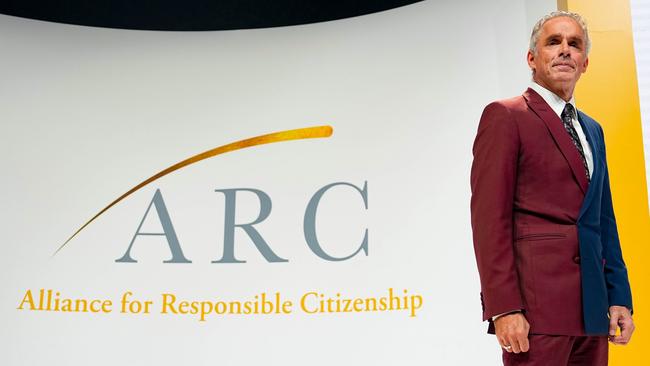
As a clinical psychologist, and a man well-versed in mythological archetypes, Peterson draws from a deep well of literature, practical experience and the lessons of history to reflect on what makes us human, and flourishing humans at that.
Peterson locates this in the stories that have sustained the West, especially those of the bible. In his latest work We Who Wrestle with God, he shows particular interest in the Cain and Abel story, unpacking its rich lessons that remain timelessly relevant. His analysis, while not acknowledging the theological origins of sin, appreciates the warning it represents: temptations towards wrongdoing and guilt are crouching at the door for each of us. Such lessons bring to bear deeper human proclivities that lie beneath (or above) political frameworks.
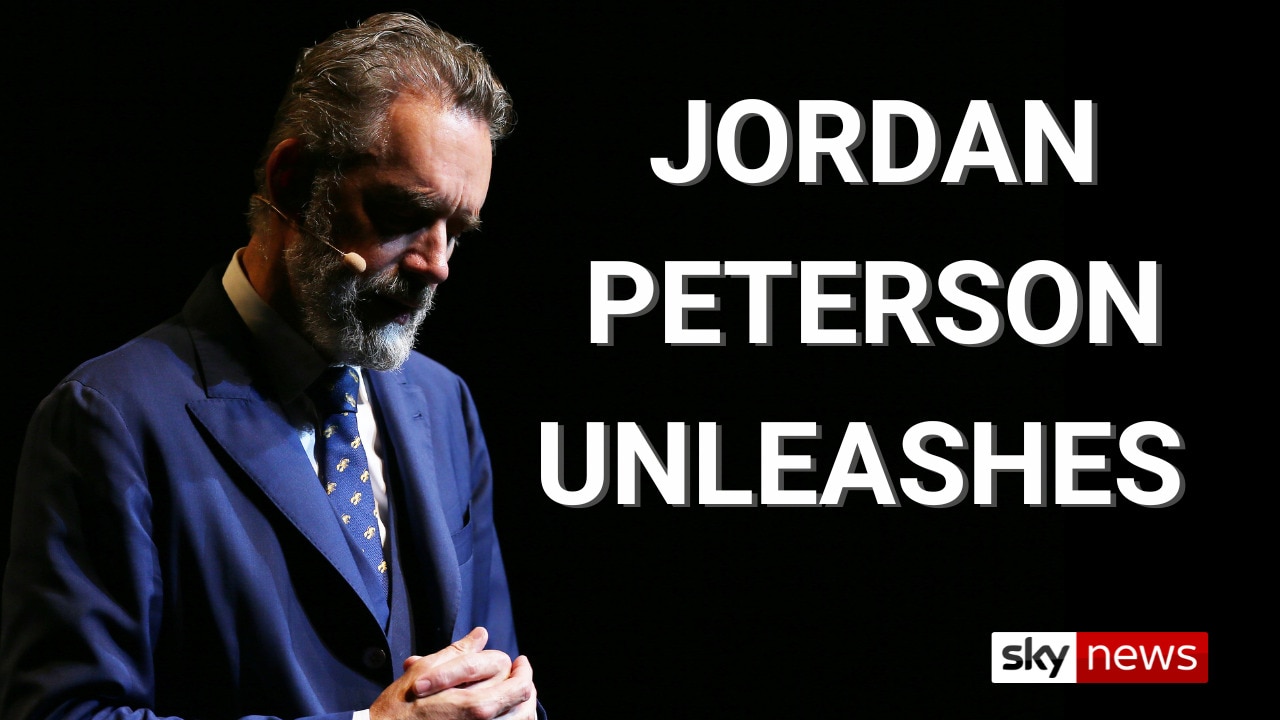
The liberal tradition’s “contest of ideas”, while indispensable for sharpening iron with iron, is not incompatible with the boundaries that have kept the western world for millennia. These boundaries have been preserved by our institutions and proven by their fruits. The classical liberal framework should therefore be affirmed, but understood as incomplete, particularly when presented as an inflexible system that brackets out metaphysical commitments. As the American founding father John Adams said: “Our constitution was made only for a moral and religious people. It is wholly inadequate to the government of any other.”
In his allusion to liberalism’s critics, Partridge is certainly familiar with the End of History thesis, which sees liberalism as the endgame of political organisation. Drawn into question in recent years, liberalism has been identified by scholars as lacking the resources to sustain itself. It’s beginning to reveal its inadequate staying power, particularly as it fails to account for necessary moral rectitude.
Without digressing too much into these epistemic problems, what Peterson grasps is that such rectitude requires a transcendence that has historically nourished the West until very recent times. Like Adams, he knows that without men and women formed into virtuous, fruitful lives of character, even the most elegant political philosophy cannot bear the weight of their transgressions.
Conversely, he knows good ideas are only of use if they are followed through with. The reason men have raised flags for king and country in battle is the difference between the idea of the greatness of valour, and the formation of men to believe in it.
Complex questions of our time, like looming demography bombs, civic disengagement, multiculturalism, and secularisation are now converging, creating new challenges about who we are in the West. Such an identity crisis cannot be resolved by logic or innovation, largely because competing visions that go all the way down are not faulty ideas within an agreed upon framework, but fundamental differences about what it means to be human.
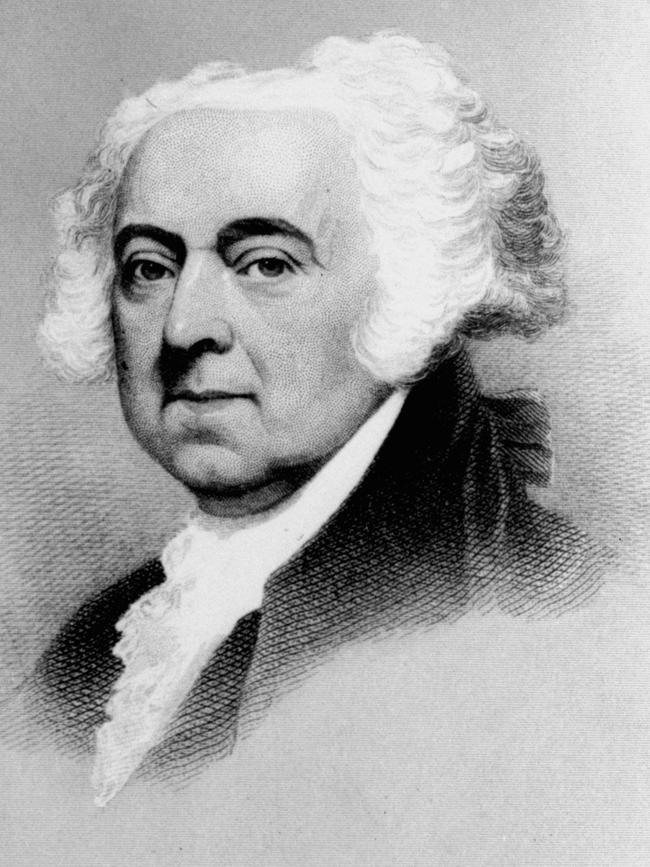
Thus, Partridge responding to Peterson with laudable classical liberal maxims like “one path among many” misses the mark. Critics of liberalism warn it is historically novel for these paths to define humans at their core by consumption or sexuality, rather than by vocation, service or self-control.
What had been multiple paths within a legal and anthropological consensus are now untethered ones. The predicament of modern man is thus not only between freedom and tyranny, but freedom and license.
The former threat isn’t ignored by Peterson. Indeed, he was the most vocal opponent to Canada’s C-16 bill, which would have coerced every citizen to utter preferred pronouns. He does, however, know that without robust institutions to preserve the stories that form character, even when those good ideas are arrived at, they will be subsumed by decadence.
The recent anniversary of the voice referendum reminds us of how this can happen. What started as a good-faith attempt to weigh arguments, descended into regrettable moralising when activists in the Yes camp discarded a “better versus worse” framing for a “good versus evil” one. This is indicative of our post-liberal culture, where clarity of thought is exchanged for being on the right side of history, even if it bears no resemblance to our western history.
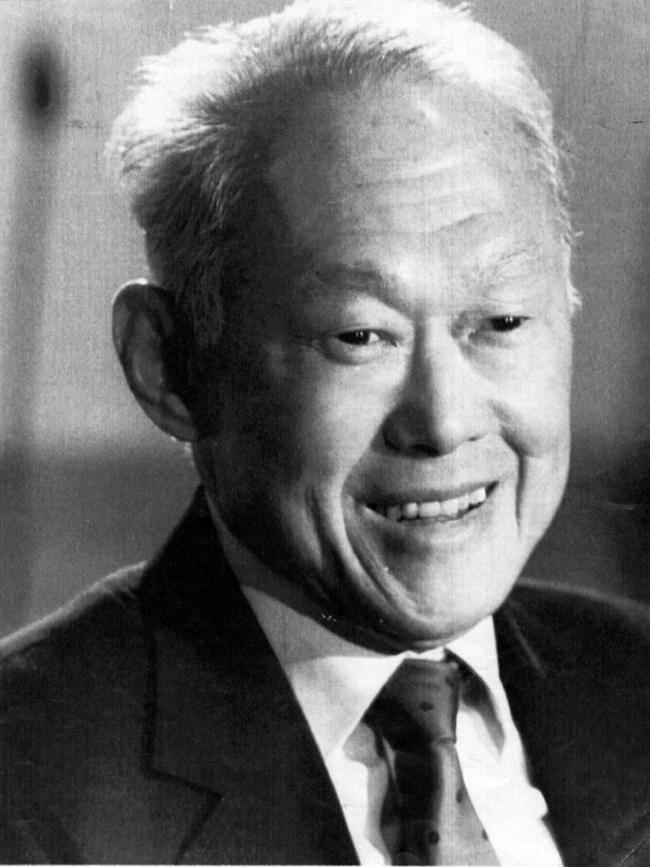
Peterson harnesses the religious impulse and directs it to the architectural eminence of the bible. He considers it the foundational text of all the great literature that follows. He is notorious for not caring whether it historically happened, but it remains for him the sine qua non for ensuring order over chaos.
He’s not unlike Adams’ contemporary Thomas Jefferson, who famously edited his own deistic version of the bible – denuded of all supernatural claims, but according to him “A more beautiful or precious morsel of ethics I have never seen.”
Concerned with Peterson’s departure from individual rights, Partridge offers a list of collectivist empires of the 20th century, well-attested and full of the evil ones we all recognise. Absent from the list are telling exceptions like Lee Kuan Yew’s Singapore, the unlikely success story of a powerful, unified nation in a tiny corner of Malaysia. Celebrated by world leaders for his thinking, Lee understood that “the acid test of any legal system is not the greatness or the grandeur of its ideal concepts, but whether, in fact, it is able to produce order and justice in the relationships between person and person, and between person and state”.
This is not to defend Lee’s particular methods, but to illustrate that even without transcendence, the pre-conditions of good ideas is order, and it is becoming increasingly apparent in our time that frameworks like liberalism are not sufficient to sustain it.
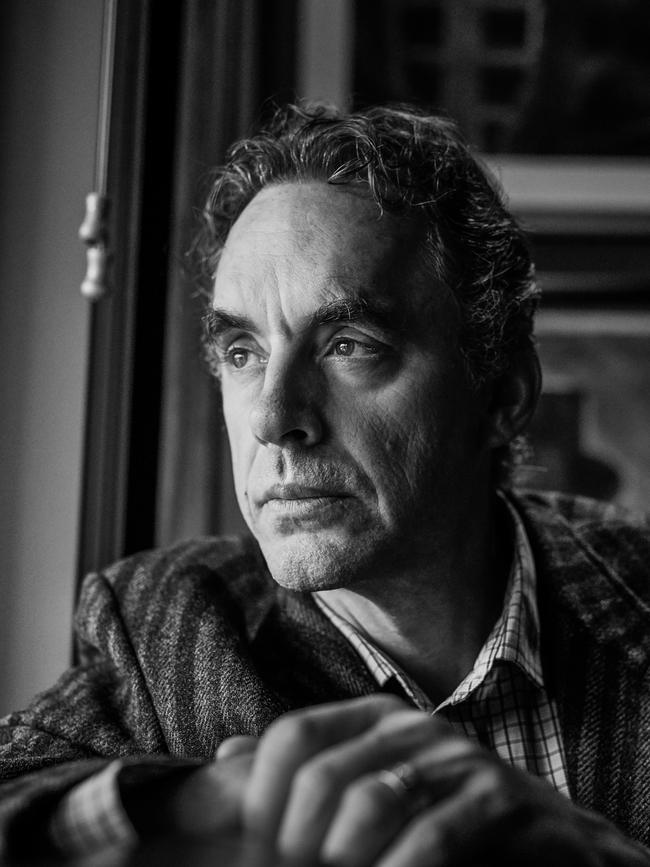
Peterson knows men and women of character have sustained it and must continue to ground themselves in the West’s historical ways and means. The only alternatives are the rare instances of benevolent control, or what Professor Victor Davis Hanson has recently called “The End of Everything”.
A purist approach to liberalism survives on borrowed time, and voices like Peterson’s return us to the stronger anchors of its origins. When political frameworks are held with excessive rigidity, they will suffer from disconnection, as the conditions of their emergence have long passed. As Christ said, “You will know them by their fruit”. There is much precious fruit to preserve in the Western tradition, and men like Peterson strive to give language to their roots, even if not accepting them on their own terms.
Rohan McHugh is Media Director for johnanderson.net.au

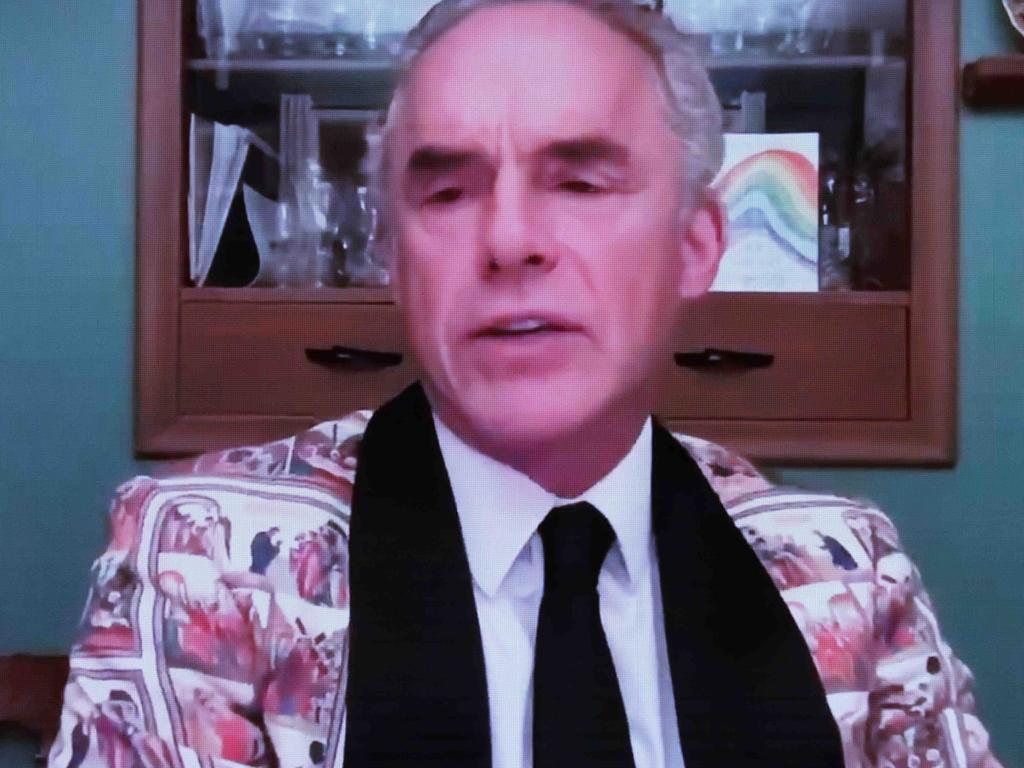
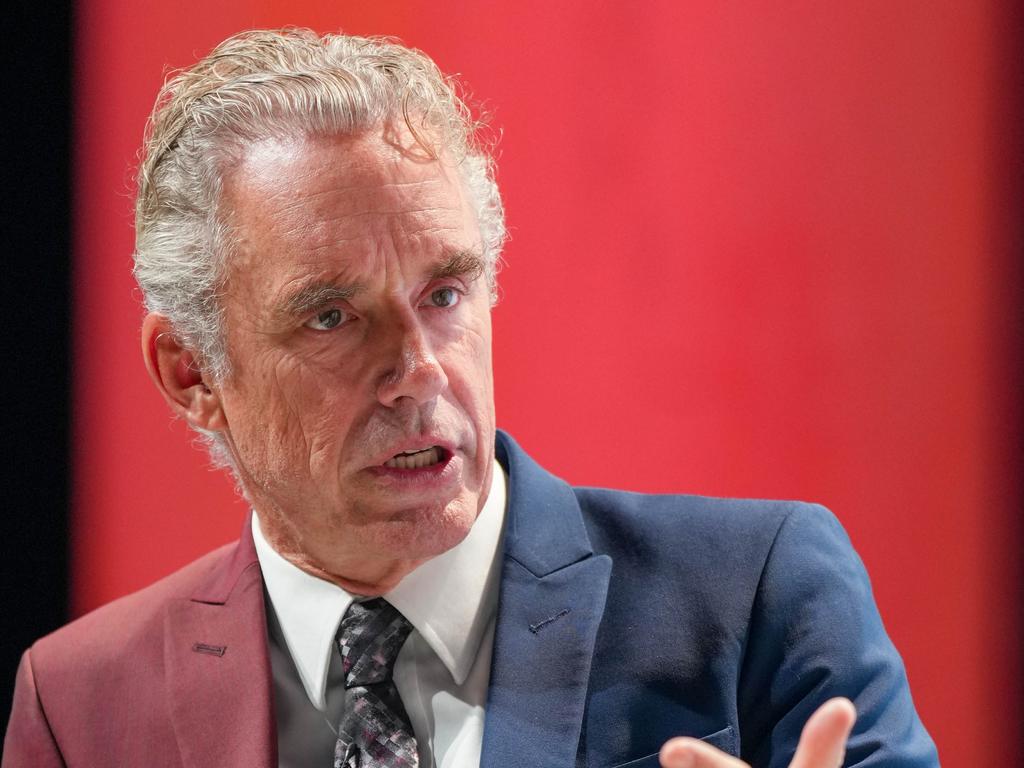
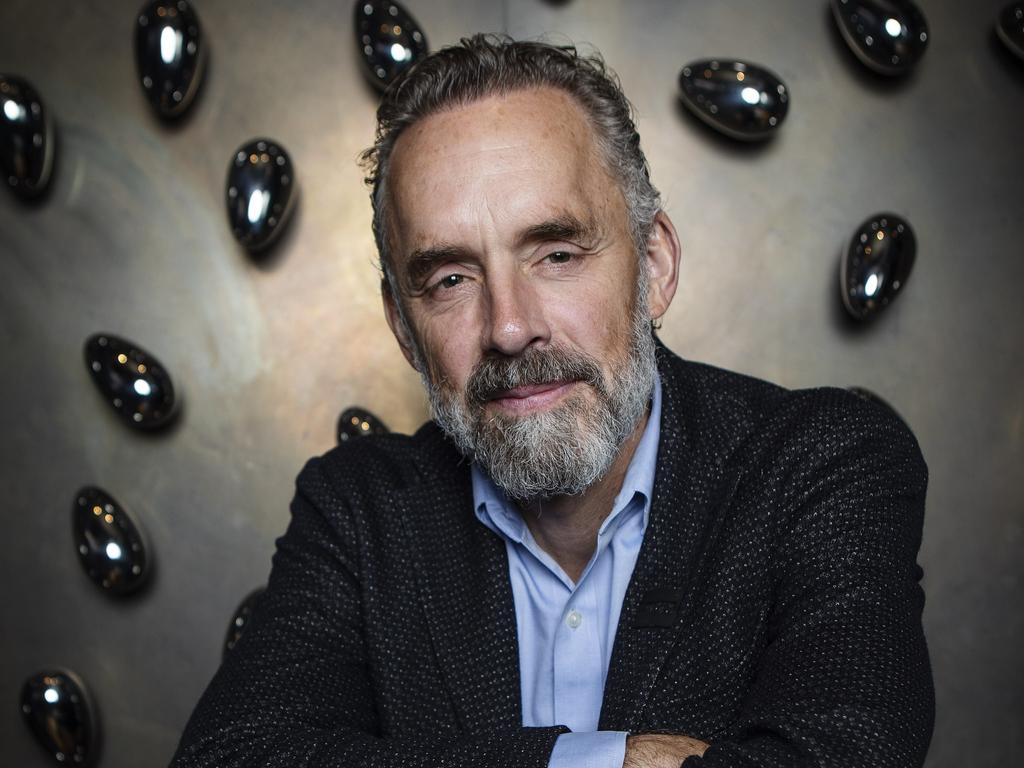


In a recent opinion piece, Roger Partridge expressed concern with Jordan Peterson’s “sleight of hand” as he addressed the Alliance of Responsible Citizenship conference late last month. The brainchild of Baroness Philippa Stroud, Jordan Peterson and John Anderson, ARC is a cri de coeur for the truth, goodness and beauty of the Western tradition.